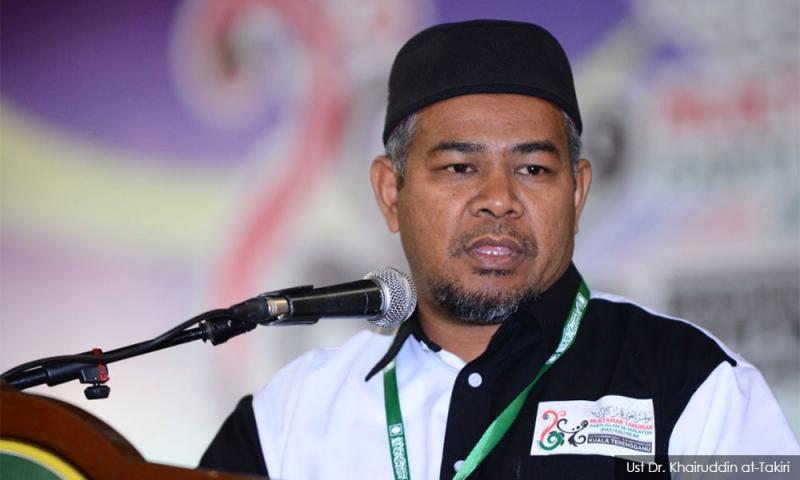PAS central committee member Khairuddin Aman Razali has welcomed the Education Ministry’s move to reject a proposal to teach non-Islamic religions in schools and universities.
He said the proposal was well-intentioned, but inappropriate and unworkable.
The Kuala Nerus MP said it would be better to teach Islam to non-Muslim students instead of promoting interfaith understanding.
“To achieve that objective (of promoting interfaith understanding), it would be better to ensure non-Muslim pupils learn about Islam in national-type schools and national-type secondary schools so that they better understand Islam and the customs of Muslims in this country.
“I believe this subject would be more effective in strengthening unity and harmony in the country’s multiracial society that has placed Islam as the religion of the federation.
“This is because Islam is a religion that promotes peace for all humanity. History has also shown that people of all faiths are free to practice their religion in Islamic countries,” Khairuddin said in a statement published in the party mouthpiece Harakah today.
He was responding to Malaysia Youth Council president Jufitri Joha's proposal for non-Islamic religions to be taught in schools and universities to foster interfaith harmony.
Jufitri argued that while the existing Islamic Studies subject is good, it neglects the understanding of other religions.
Education Minister Maszlee Malik shot down the proposal in favour of promoting students’ cross-cultural exposure at schools and universities.
Khairuddin, meanwhile, argued that teaching other religions to Muslims could run afoul with Article 11(4) of the Federal Constitution.
The provision allows state law to control or restrict the propagation of religious doctrine amongst Muslims.
“There is also concern that (teaching interfaith understanding) could promote religious pluralism amongst Muslims; unless the government is bold and firm in explaining the supremacy and absolute truth of Islam that supersedes all other religions, and Islam’s special position in the constitution,” he said.





